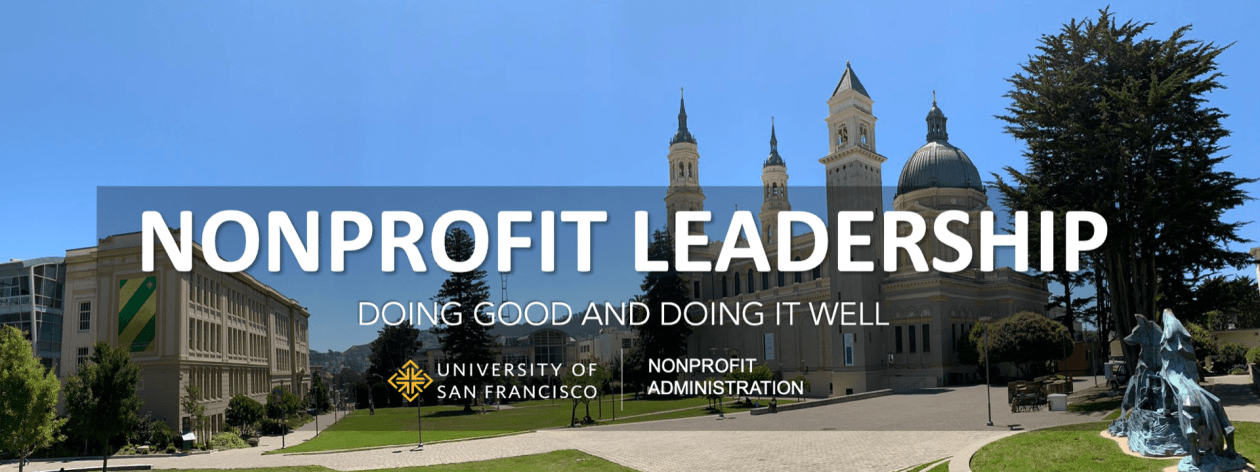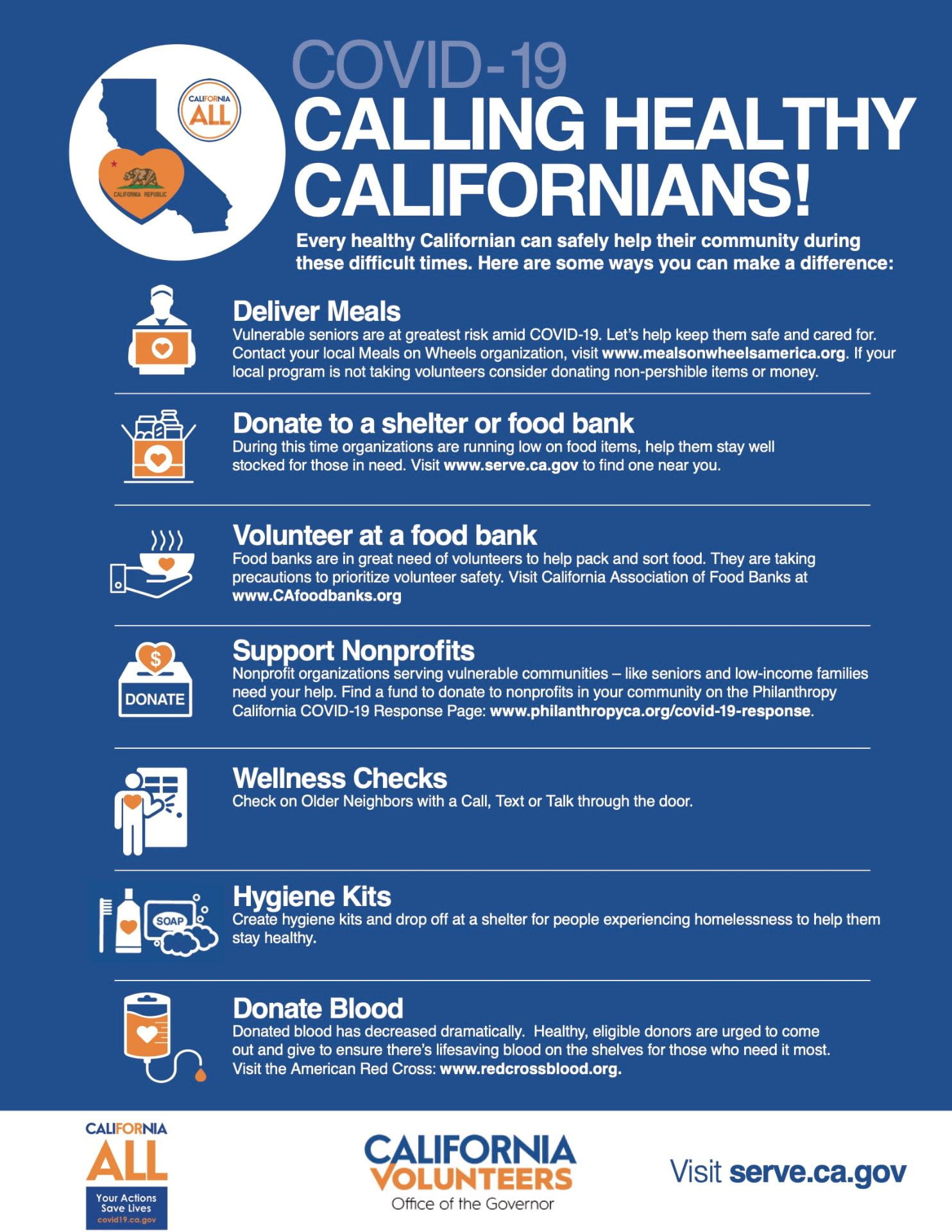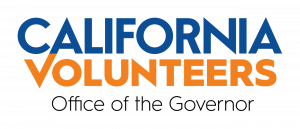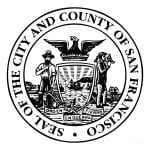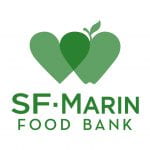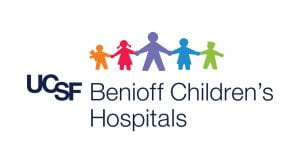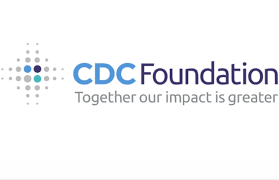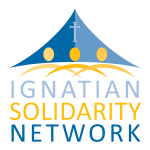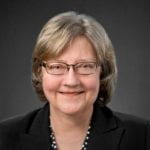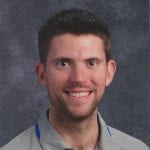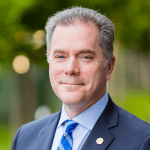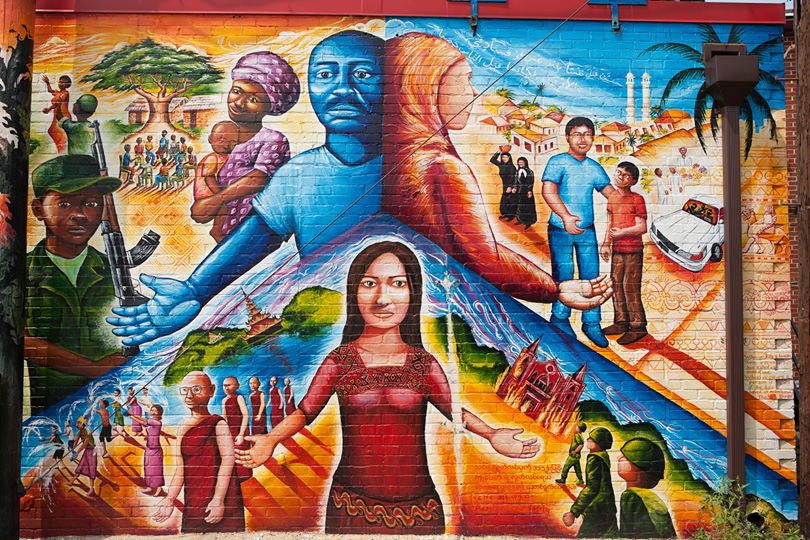In times of crisis we rediscover the importance of community solidarity, volunteering and philanthropy to help those in most urgent need. The nonprofit-social sector does this all the time, but in emergencies our people and organizations are on the front line in partnership with government agencies, the private sector and shoulder to shoulder to our communities in need. For those of you who are local to the San Francisco Bay and California, follow these links to volunteer and/or donate.
CALIFORNIA VOLUNTEER RESOURCES
Help your community safely with COVID-19. Every Californian can safely help their community during these difficult times. Here are some ways you can make a difference. https://californiavolunteers.ca.gov/get-involved/covid-19/
CITY OF SAN FRANCISCO
Give to the City of San Francisco to respond to COVID-19: Make a tax deductible donation to Give2SF COVID-19 Response and Recovery Fund https://sf.gov/give-city-respond-covid-19
SAN FRANCISCO-MARIN FOOD BANK
Give to the San Francisco & Marin Food Bank: Help families during the COVID-19 crisis. Every $1 provides 2 meals. https://www.sfmfoodbank.org/
UCSF BENIOFF CHILDREN’S HOSPITAL
The whole UCSF community is working hard to ensure that we continue to provide the best care to those who need it and the best solutions to this global pandemic. Below are several ways that you can support our efforts during this critical time. https://coronavirus.ucsf.edu/help
CDC FOUNDATION
The CDC Foundation launched a crowdfunding campaign aimed at raising hundreds of millions dollars needed to bolster public health response efforts to address the COVID-19 pandemic. https://www.give4cdcf.org/
WORLD HEALTH ORGANIZATION
The World Health Organization (WHO) is leading and coordinating the global effort, supporting countries to prevent, detect, and respond to the pandemic. Everyone can now support directly the response coordinated by WHO. People and organizations who want to help fight the pandemic and support WHO and partners can now donate through the COVID-Solidarity Response Fund for WHO at www.COVID19ResponseFund.org.
IGNATIAN SOLIDARITY NETWORK
Coronavirus has created a time of uncertainty, fear, isolation, and illness. But our faith teaches us that there is light in the darkness. As the Jesuit and broader Catholic network responds in unique ways with love, compassion, and new means of building community, ISN will compile them in this space. https://ignatiansolidarity.net/coronavirus-covid-19-solidarity-resources/
USF-MNA SPOTLIGHT
We are grateful to our many MNA alumni and friends who work in healthcare and other essential human services in this time of emergency. Here are few of our MNA students, alumni and friends/advisors we honor for their example. Like other brave health and human service providers, they do their part to prevent and contain pandemics and assist others in critical care.
Dr. Carol Pertowski, MNA ’19
Carol Pertowski is a public health physician and medical epidemiologist with 25 years of experience. Her background includes an undergraduate degree in public health, a medical degree, and an Internal Medicine residency. After completing Epidemic Intelligence Service training and a Preventive Medicine residency at the Centers for Disease Control and Prevention (CDC), Carol joined the CDC staff and worked on outbreak investigations, policy development, environmental health, disease tracking, public health preparedness and response, and communications in the United States and abroad. Her experience includes leading multidisciplinary teams to achieve program goals, leading discussions among groups with different priorities to identify common areas of interest and joint work, and sustaining working relationships in difficult circumstance. Carol has organized complex projects keeping diverse staff focused on critical issues to deliver products on time and within budget. She is an experienced public speaker, writer, and editor. She is Board Certified in Internal Medicine and is licensed to practice medicine in California. She completed the Master of Nonprofit Administration at the University of San Francisco in 2019 with a capstone on the CDC Foundation.
Samuel Nelson, CCRN, MNA (May ’20)
Samuel Nelson is a Critical Care Registered Nurse at San Francisco General Hospital and the San Francisco Department of Public Health. He is also Director of Rowing and Head coach of men’s rowing at Saint Ignatius College Preparatory. While currently exploring his passion for Jesuit rowing practices in education he recognizes his responsibility to contribute as health practitioner in this time of emergency and needs due to the COVID-19 pandemic. He is is completing his graduate MNA degree while serving as Director and Coach. He previously served as Critical Care Registered Nurse at the US Department of Veteran Affairs.
Dr. Michael Anderson, MD, MBA, FAAP
Dr. Mike Anderson is the President of University of California San Francisco (UCSF) Benioff Children’s Hospitals. He is a well-known pediatrician and competent administrator with expertise in emergency management for children. He was appointed by President G.W. Bush as Vice-Chair and by President Obama as Chair of the National Advisory Committee on Children and Disasters for the U.S. Department of Health and Human Services’ National Disaster Medical System. He is a Scholar in Residence for the MNA Program and a dear friend/advisor for University of San Francisco’s School of Management. Learn about his medical and administrative expertise in relation to COVID-19 here.
